Let’s Go Through A Brief History Of Corn/Maize?

Maize is a domesticated grass that originated approximately 7000 years ago in what is now Mexico. It is also referred to as corn, and both words are used as synonyms in this review, depending on the source of data or references consulted. Maize was spread across the world shortly after the European discovery of the Americas. Regardless of origin, corn has proven to be one of the most adaptable crops. Its evolution apparently occurred mainly under domestication and resulted in biotypes with adaptation ranging from the tropics to the north temperate zone, from sea level to 12,000 feet altitude, and growing periods (planting to maturity) extending from 6 weeks to 13 months. Currently, the United States, Brazil, Mexico, Argentina, India, France, Indonesia, South Africa, and Italy produce 79% of the world's maize production. Between 1990 and 2011, the number of millions of maize hectares harvested ranged from 129.1 to 163.9. During the same period the production of maize in metric tons per hectare increased from 3.7 to 5.1, and total maize production increased from 482.0 to 832.5 million metric tons. Worldwide, 60–70% of maize production is used domestically as livestock feed, and the remaining 30–40% is used for production of items for human consumption.
Corn is the main cereal grain as measured by production but ranks third as a staple food, after wheat and rice. The reasons for this fact are varied, but some of them are related to cultural or social preferences and also because in some countries, corn is cultivated as livestock feed. More recently, the use of corn as a biofuel has generated great concern about rises in the market price of corn for consumption, the need to increase cultivable areas, as well as water quality and other ecological damages. Some predictive models project that large-scale corn ethanol production could lead to decreases in food exports, higher prices, and a greater global deforestation.
Corn on the cob, the delicious treat has a distinct earthiness to its taste. It is the healthiest form of a nourishing snack, especially when roasted on flames or boiled; it has a different taste each time. The setting on the actual cob is pearl like, like someone took the time to wrap a garland of pearls around it. It is often said that you first eat with your eyes. What this really means is that much of the snack you much on every day is because you may see somebody else doing the same or glance at various restaurants and fast food joints when you’re on your way to work or home. Corns are a treat to look at and cooking it on open fires, family barbeques or boiling is also a fantastic experience. Modern corn is the descendent of maize, which was planted and cultivated by the Aztecs about 10,000 years ago. The origin of this plant was from a wild grass called teosinte. The first maize’s that grew did not have the uniformity of the modern corn. Its kernels were placed apart and the stalks were shorter. This plant was widely grown due to its nutrition, its ability to be stored and its ability to grow in diverse climatic conditions. The corn spread through trade routes, from America to the rest of the world. It is observed that by 700 B.C corn maize was the staple of diets for many Red Indians and Canadians alike. There was an enhancement in the DNA of the corn throughout, which is what gave way to the many different varieties of corn that we have today. This delicious grain ranges from flint varieties to the ones used for textile dyes. The colors are beautiful to look at; you will find white pearls of corns to the ones colored purple and even black. Studies show that corn maize is the source of food for many people and livestock. It is also the most harvested grain as compared to others. Corn is not only eaten directly, but is also used in many different ways like in tortillas, cornflakes, corn flour and corn syrup. This is a diverse grain. It is low in calories and contains almost 3.4 grams of protein per 100 grams of serving. It is also rich in vitamins and minerals, and is an excellent source of energy. Consuming food that is nutritious and low in calories will surely have its benefits. Corn is one of those foods that you don’t regret eating.
What is Corn/Maize?
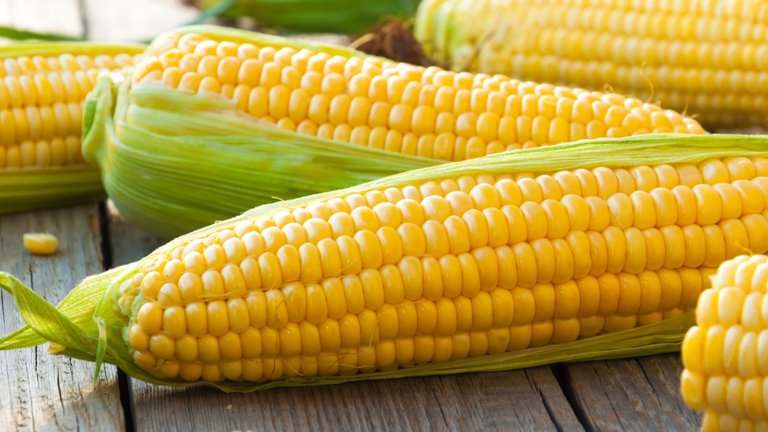
Corn or maize is a grain plant that originated in southern Mexico. The kernels or seeds of corn hold the majority of its nutrients and are the most commonly consumed parts. They come in multiple colors; depending on where the corn is grown and what species or variety they happen to be. Another genetic variant, called sweet corn, has more sugar and less starch in the nutritive material.
Amazing Benefits That Corn/Maize Offers
Corn provides many health benefits due to the presence of quality nutrients within. Besides being a delicious addition to any meal, it is rich in phytochemicals and provides protection against a number of chronic diseases. The well-researched and widespread health benefits of corn are listed below.
- Prevents Hemorrhoids
The fiber content of one cup of corn amounts to 18.4% of the daily recommended amount. This aids in alleviating digestive problems such as constipation and hemorrhoids, as well as lowering the risk of colon cancer due to corn being a whole-grain. Fiber has long been promoted as a way to reduce colon risk, but insufficient and conflicting data exist for fiber’s relationship with preventing cancer, although whole-grain consumption has been proven to reduce that risk. Fiber helps bulk up bowel movements, which stimulates peristaltic motion and the production of gastric juice and bile. It can also add bulk to overly loose stools, which can reduce the chances of irritable bowel syndrome (IBS) and diarrhea.
- Promotes Growth
Corn is rich in vitamin B constituents, especially thiamin and niacin. Thiamin is essential for maintaining nerve health and cognitive function. Niacin deficiency leads to pellagra; a disease characterized by diarrhea, dementia, and dermatitis that is commonly observed in malnourished individuals. Corn is also a good source of pantothenic acid, which is an essential vitamin for carbohydrate, protein, and lipid metabolism in the body.
Deficiency of folic acid in pregnant women can lead to the birth of underweight infants and may also result in neural tube defects in newborns. Corn provides a large percentage of the daily folate requirement, thus preventing this condition. The kernels of corn are rich in vitamin E, a natural antioxidant that is essential for growth and protection of the body from illness and diseases.
- Weight Gain
Corn is a rich source of calories and is a staple in many places. The calorific content of corn is 342 calories per 100 grams, which is among the highest for cereals. This is why, it is often turned to for quick weight gain, and combined with the ease and flexibility of growing conditions for corn, the high-calorie content makes it vital for the survival of dozens of agricultural nations.
- Provides Essential Minerals
Corn contains abundant minerals which positively benefit the body in a number of ways. Phosphorus, along with magnesium, manganese, zinc, iron, and copper are found in all varieties of corn. It also contains trace minerals like selenium, which are difficult to find in most normal diets. Phosphorus is essential for regulating normal growth, bone health, and optimal kidney functioning. Magnesium is necessary for maintaining a normal heart rate and for increasing bone mineral density.
- Prevents Cancer
According to studies carried out at Cornell University, corn is a rich source of antioxidants which fight cancer-causing free radicals. Unlike many other foods, cooking actually increases the number of usable antioxidants in sweet corn. It is a rich source of a phenolic compound called ferulic acid, an anti-carcinogenic agent that has been shown to be effective in fighting tumors that lead to breast and liver cancer. Anthocyanins, found in purple corn, also act as scavengers of cancer-causing free radicals. Antioxidants have been shown to reduce many of the dangerous forms of cancer because of their ability to induce apoptosis in cancerous cells while leaving healthy cells unaffected. This is particularly relevant when phytochemicals are the source of the antioxidants, which is another type of chemical found in high volumes in corn.
- Protects Your Heart
According to researchers, corn oil has been shown to have an anti-atherogenic effect on cholesterol levels, thus reducing the risk of various cardiovascular diseases. Corn oil, in particular, is the best way to improve heart health and this is derived from the fact that corn is close to an optimal fatty acid combination. This allows omega-3 fatty acids to strip away the damaging LDL or bad cholesterol and replace them at the binding sites. This will reduce the chances of arteries becoming clogged, reduce blood pressure, and lower the chances of heart attack and stroke.
- Prevents Anemia
Corn helps prevent anemia caused by a deficiency of these vitamins. It also has a significant level of iron, which is one of the essential minerals needed to form new red blood cells; a deficiency of iron is one of the main causes of anemia as well.
- Lowers LDL Cholesterol
According to the Journal of Nutritional Biochemistry, consumption of corn husk oil lowers plasma LDL or bad cholesterol by reducing cholesterol absorption in the body. As mentioned earlier, this reduction in LDL cholesterol does not mean a reduction in HDL or good cholesterol, which can have beneficial effects on the body. They include the reduction of heart diseases, prevention of atherosclerosis, and a general scavenging of free radicals throughout the body.
- Eye & Skin Care
Yellow corn is a rich source of beta-carotene, which forms vitamin A in the body and is essential for the maintenance of good vision and skin. Beta-carotene is a great source of vitamin A because it is converted within the body according to the amount required by it. Vitamin A can be toxic if too much is consumed, so deriving it through beta-carotene transformation is ideal. It will also benefit the health of skin and mucous membranes, as well as boost the immune system.
The amount of beta-carotene in the body that is not converted into vitamin A acts as a very strong antioxidant, like all carotenoids, and can combat terrible diseases like cancer and heart disease. That being said, smokers need to be careful about their beta-carotene content, because smokers with high beta-carotene levels are more likely to contract lung cancer, while non-smokers with high beta-carotene content are less likely to contract lung cancer.
- Controls Diabetes
In recent decades, the world has seemed to suffer from an epidemic of diabetes. Although the exact mechanism for this cannot be pinpointed, it is generally related to nutrition. Studies have shown that the consumption of corn kernels assists in the management of non-insulin dependent diabetes mellitus (NIDDM) and is effective against hypertension due to the presence of phenolic phytochemicals in whole corn. Phytochemicals can regulate the absorption and release of insulin in the body, which can reduce the chance of spikes and drops for diabetic patients and help them maintain a normal lifestyle.
- Cosmetic Benefits
Cornstarch is used in the manufacturing of many cosmetic products and may also be applied topically to soothe skin rashes and irritation. Corn products can be used to replace carcinogenic petroleum products which are major components of many cosmetic preparations. Many of the traditional skin creams contain petroleum jelly as a base material, which can often block pores and make skin conditions even worse.
- Prevents Diverticular Diseases
These diseases are often very painful and lead to a lot of discomfort and suffering. Although studies are still being conducted on this subject, there has been an observation made on about 47,228 men that shows the benefits of consuming popcorn to prevent the symptoms of this disease from developing.
- Source of Fiber
Fiber helps the body in several ways by reducing cholesterol and making the digestive system more efficient. Corn provides a healthy and impressive amount of fiber when eaten either on the cob or in the form of popcorn. Corn provides an impressive 7 grams of fiber per 100 grams of serving. Fiber helps prevent constipation and also lower cholesterol levels.
- Bio Active Plant Compounds
Many people nowadays are opting for a plant based diet. This is due to the immense benefits that plants contain in the form of phytonutrients and bio-active chemical compounds. Corn contains anthocyanins, phytic acid, ferulic acid, zeaxanthin and lutein. These enzymes provide multiple health benefits.
- Gluten Free
People suffering from gluten intolerance often suffer intense reactions to the enzyme, causing different types of health complications. Corn and corn flour is a good option as it is naturally gluten free and a better option than other grains.
- Source of Energy
Corn contains a high amount of carbohydrates. Carbohydrates provide the energy required for the body and mind to function properly. Corn is a complex carbohydrate that takes time to get fully digested. This is beneficial for the body as it keeps you fuller for longer. It can also be a good post workout snack.
- Diabetes Management
It has been observed to help non-insulin dependent diabetes. The organic kind is the best as it retains most of its nutrients and is free of harmful elements such as pesticides. The regular consumption of corn provides energy to people suffering with diabetes without spiking blood sugar levels too much.
- Prevents Hypertension
It contains phenolic phytochemicals that help regulate blood pressure and prevent hypertension. There is also a good amount of vitamin B that is beneficial for the optimal functionality of your adrenal glands.
- Manganese Rich
It has a good amount of manganese per serving. This mineral has multiple benefits and keeps the blood sugar levels in check. This also helps fuel the body by breaking down complex carbohydrates.
- May Prevent Alzheimers
It has been studied as a source of thymine, which is an antioxidant that sharpens brain functions. It also helps synthesize acetycholine, which in turn leads to an improved memory.
Versatile Products of Corn/Maize
First and foremost we have- Roasted Corn (which goes very well with coconut and pea, you should try it)
- Boiled Corn
- Corn Flakes
- Pop,pop,pop,pop Corn
- Bread
- For Flat, unleavened, unfermented we have; Tortilla, arepa
- For Fermented and/or leavened we have; Pancakes, cornbread, hoe cake, blintzes
- Porridges
- For Fermented, unfermented we have; Atole, ogi, kenkei, ugali, ugi, edo, pap, maizena, posho, asidah
- Steamed products like; Tamales, couscous, rice-like products, Chinese breads, dumplings, chengu
- Beverages
- Alcoholic like; Koda, chicha, kafir beer, maize beer
- Nonalcoholic like; Mahewu, magou, chicha dulce
- Snacks like; Empanadas, chips, tostadas, popped corn, fritters
- Corn Starch
- Corn Syrup
- Corn Oil
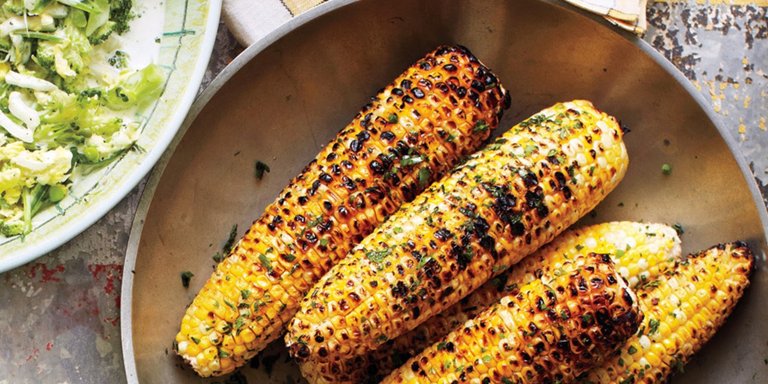
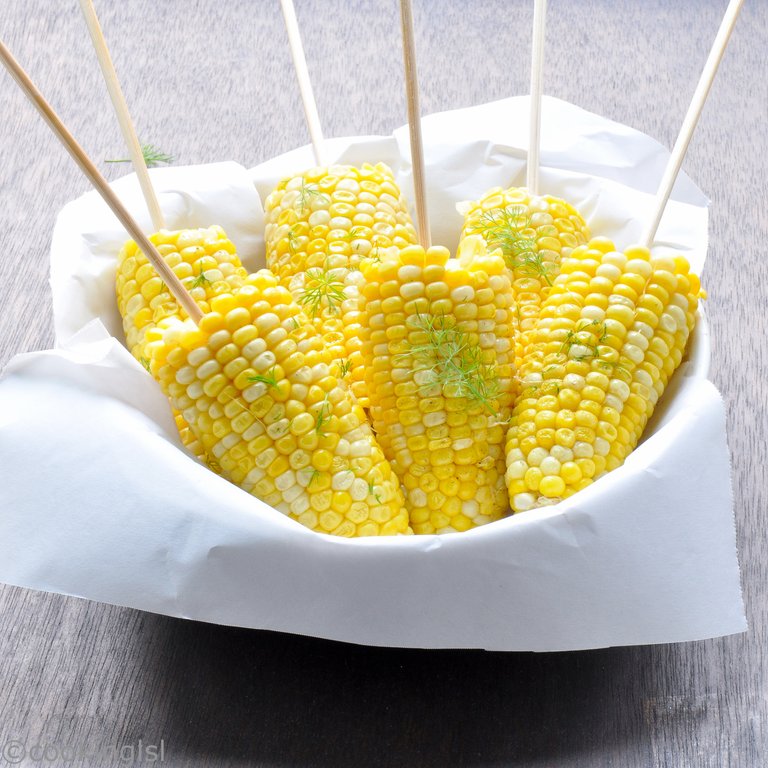
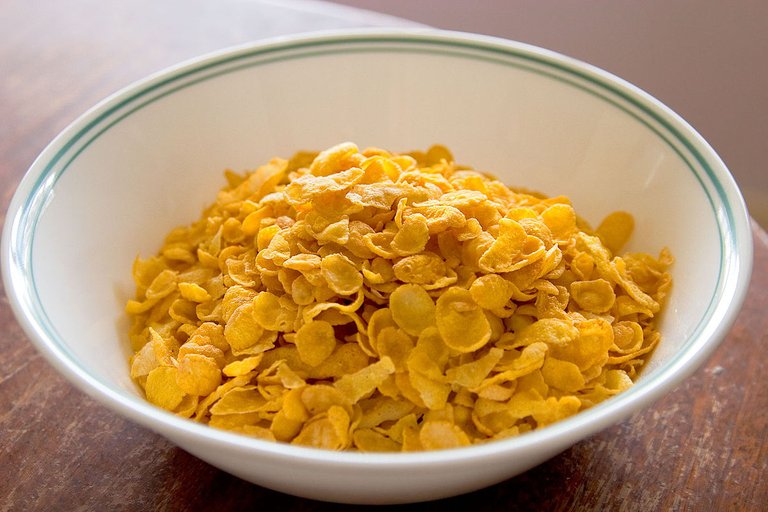
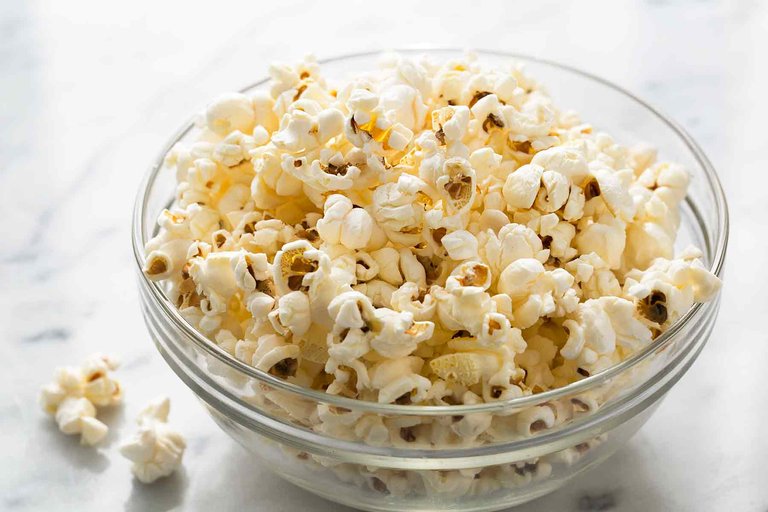
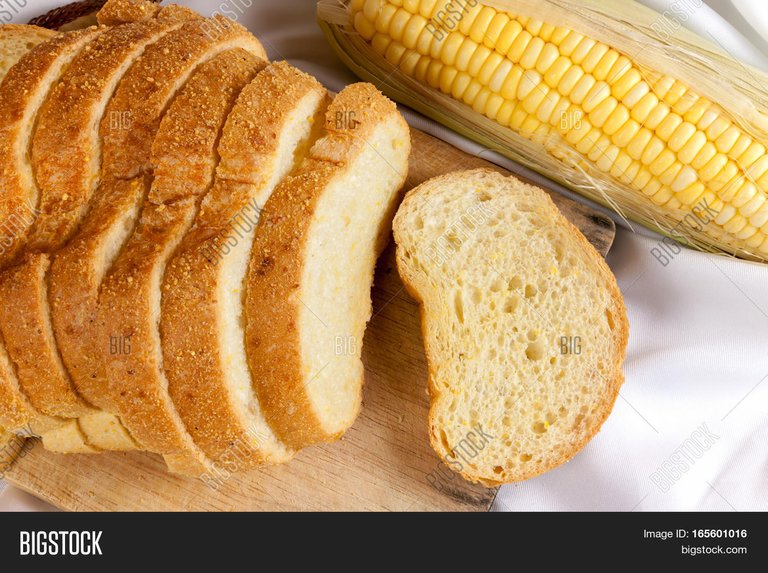
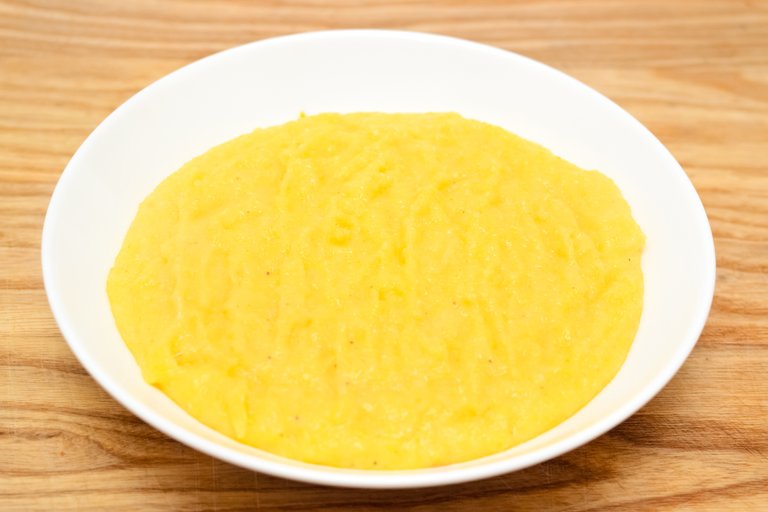

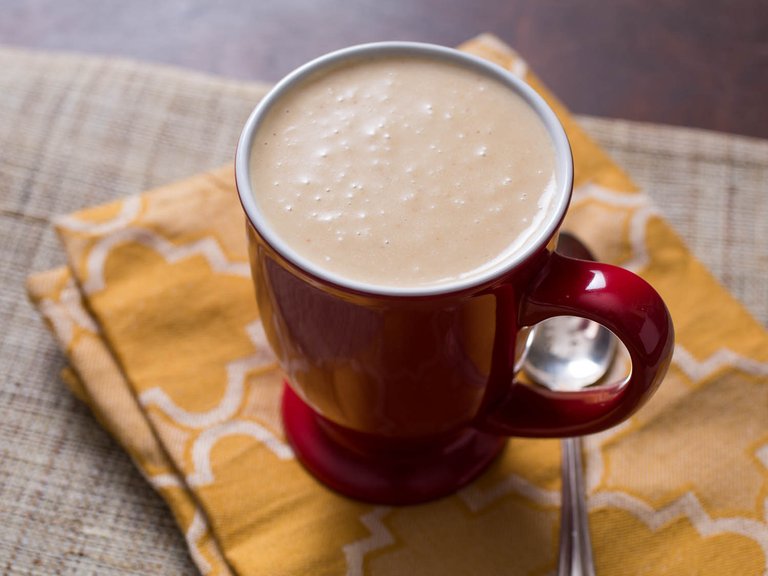
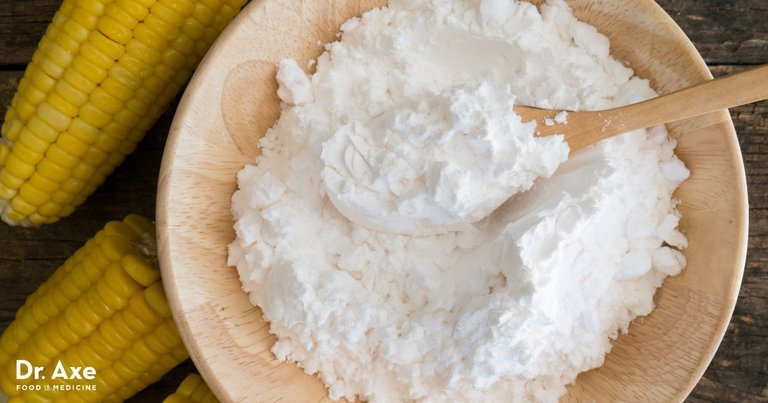
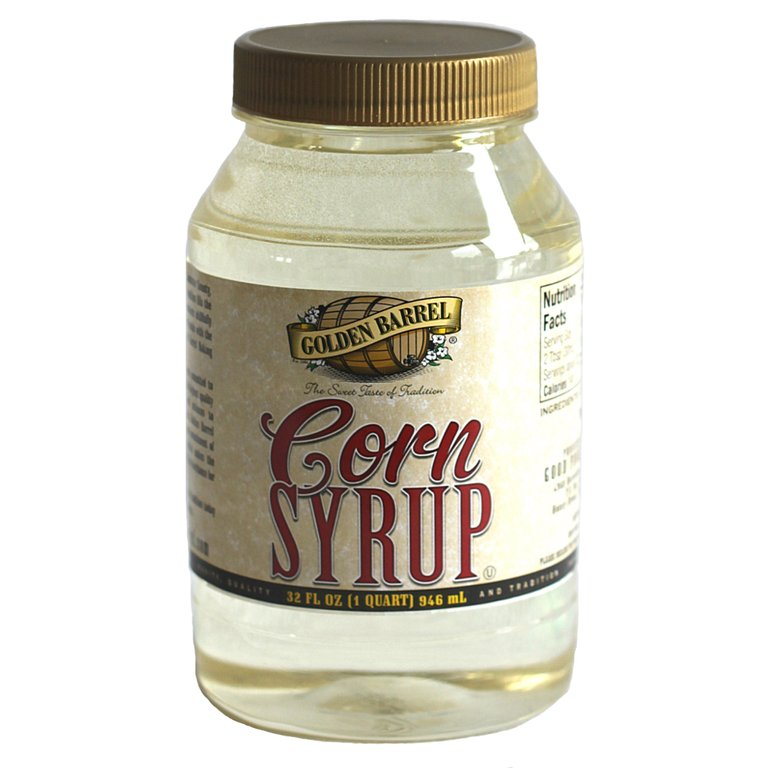
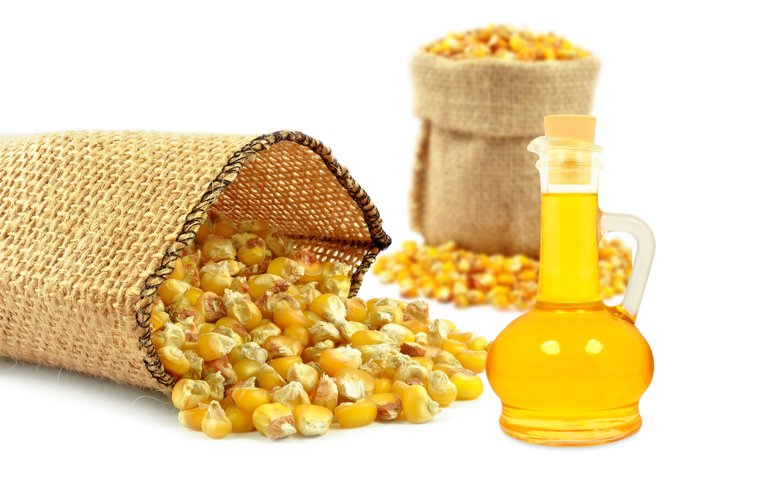
Corn is a rich source of many essential nutrients and fiber. A meal rich in corn can go a long way in protecting against many diseases and ailments. So start shucking!
Hi! I am a robot. I just upvoted you! I found similar content that readers might be interested in:
https://www.organicfacts.net/health-benefits/cereal/health-benefits-of-corn.html